Vanuatu, a South Pacific island nation of lush rainforests, coral reefs, and friendly people, is often praised as one of the most peaceful destinations in Oceania. Travelers are drawn to its turquoise waters, volcanic landscapes, and warm hospitality. However, before visiting or relocating to any foreign country, safety is always a top concern. From crime rates and health considerations to natural disaster preparedness, it’s worth understanding the realities behind Vanuatu’s idyllic image. This article explores the safety landscape of Vanuatu — analyzing crime statistics, tourist experiences, and practical tips for a secure and worry-free stay.
Crime Rate and Common Risks
Compared to many parts of the world, Vanuatu has a low overall crime rate. Violent crime is rare, and most incidents reported involve petty theft, such as pickpocketing, bag-snatching, or minor burglaries. Tourists are seldom targeted, and most visitors enjoy their stay without any problems. However, as with all destinations, exercising basic precautions is important. The following table summarizes general crime indicators and relative risks, based on recent local reports and international travel advisories (as of mid-2025):
| Category | Risk Level | Description |
|---|---|---|
| Petty theft and pickpocketing | Moderate | Occasional theft in markets and tourist areas; keep valuables secure. |
| Violent crime | Low | Rare; most incidents involve local disputes rather than tourists. |
| Scams and fraud | Low | Overcharging and informal money exchange scams possible; use reputable vendors. |
| Police reliability | Moderate | Police presence limited outside Port Vila and Luganville. |
| Night safety | Moderate | Well-lit main areas are safe; avoid isolated beaches or alleys after dark. |
| Terrorism risk | Very Low | No known terrorist activity; considered politically stable. |
| Road safety | Moderate | Roads can be poorly lit or unpaved; drive cautiously. |
In urban centers such as Port Vila (Efate Island) and Luganville (Espiritu Santo), the most common safety concern involves unattended belongings or unlocked hotel rooms. Visitors are advised to use hotel safes, avoid carrying large amounts of cash, and refrain from displaying expensive electronics in public.
Safety Tips for Tourists
Most visitors describe Vanuatu as one of the most welcoming and relaxed countries in the Pacific. That said, observing a few key safety practices will help ensure a smooth and enjoyable trip:
- Stay aware of your surroundings in markets or crowded festivals.
- Avoid walking alone late at night, especially on beaches or in unlit areas.
- Use official taxis or transport recommended by your hotel.
- Do not engage in unofficial money exchanges or street gambling.
- Respect local customs — Vanuatu is culturally conservative in some islands, so modest dress and polite behavior are appreciated.
- Check weather forecasts before hiking volcanoes or embarking on boat tours, as conditions can change quickly.
In general, locals are very friendly and helpful. Most safety issues occur due to negligence or lack of awareness rather than targeted crime.
Natural Disaster Risks and Preparedness
Vanuatu lies in a seismically active region, which means natural disasters are possible, including cyclones, earthquakes, and volcanic eruptions. The country experiences a tropical cyclone season from November to April, during which heavy rain, strong winds, and flooding can occur. The government, along with the Vanuatu Meteorology and Geo-Hazards Department (VMGD), provides timely alerts and maintains good disaster preparedness infrastructure. Tourists should:
- Monitor weather reports and follow official advisories.
- Register with your embassy if staying for an extended period.
- Familiarize yourself with evacuation routes in case of severe weather.
- Avoid low-lying areas during heavy rainfall to prevent flood risks.
- Respect exclusion zones near active volcanoes, particularly on Ambrym, Ambae, and Tanna islands.
Hotels and tour operators are usually well-prepared for emergencies and can assist visitors with updates or safe evacuation if needed.
Medical Considerations
Healthcare services in Vanuatu are relatively limited but generally sufficient for routine and minor medical needs. The two main hospitals — Vila Central Hospital in Port Vila and Northern Provincial Hospital in Luganville — provide essential medical care, while smaller clinics and pharmacies are scattered throughout the islands. However, healthcare in rural or remote areas remains basic, and serious medical conditions often require evacuation to Australia or New Zealand, where more advanced facilities are available. Travel insurance with medical evacuation coverage is strongly recommended for all visitors. Although general practitioners and emergency services exist in the capital, the range of specialists and diagnostic equipment is restricted. It is also advisable for travelers to bring an adequate supply of any prescription medications, as local pharmacies may not always stock specific international brands.
Vaccinations for common travel-related diseases, such as typhoid and hepatitis A, are generally advised before travel. Overall, medical care in Vanuatu continues to improve, with investments in infrastructure and training, but self-preparedness and a proactive approach remain essential for anyone planning to live or travel extensively across the islands.
Safety for Family Travelers
Vanuatu is considered safe for families with children, offering a peaceful environment, friendly locals, and numerous outdoor activities like snorkeling, cultural tours, and eco-adventures. Resorts catering to families maintain high safety standards, with supervised swimming areas and kid-friendly facilities. Families relocating to or staying long-term in Vanuatu should:
- Choose accommodation near Port Vila for better access to schools, healthcare, and modern amenities.
- Keep emergency numbers and embassy contacts readily available.
- Teach children basic safety rules about avoiding stray dogs, deep waters, and unsupervised exploration.
- Enroll in travel or expat insurance that covers medical emergencies and natural disaster evacuations.
Children are generally well-received in local communities, and crime against minors is exceedingly rare. The slower pace of life and community-oriented culture make Vanuatu a welcoming and nurturing place for family experiences.
So, is Vanuatu safe? The answer is largely yes — it is one of the safest and most peaceful destinations in the Pacific. While petty theft and natural risks exist, they are manageable with common sense and preparation. Political stability, strong community bonds, and a low crime rate contribute to an environment where both tourists and expatriates can feel secure.
By following safety guidelines, staying aware of weather conditions, and securing proper insurance, travelers can enjoy everything Vanuatu has to offer — from pristine beaches and active volcanoes to its vibrant Melanesian culture. Whether you’re visiting for a few weeks or planning a long-term stay, the key to safety in Vanuatu is awareness, preparation, and respect for the local way of life.

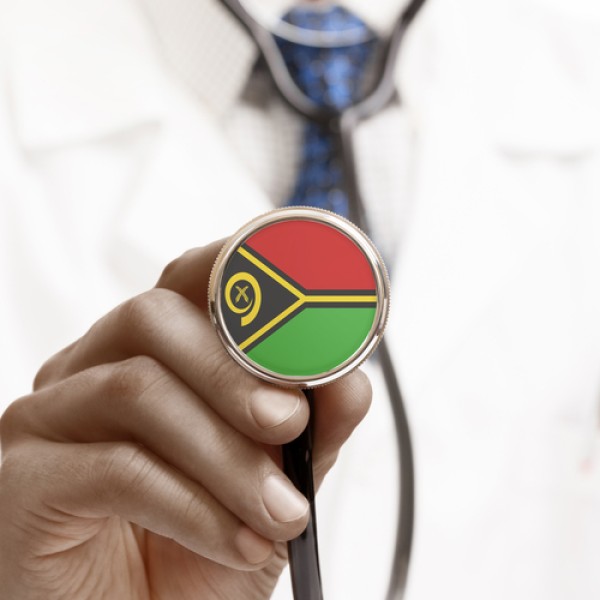
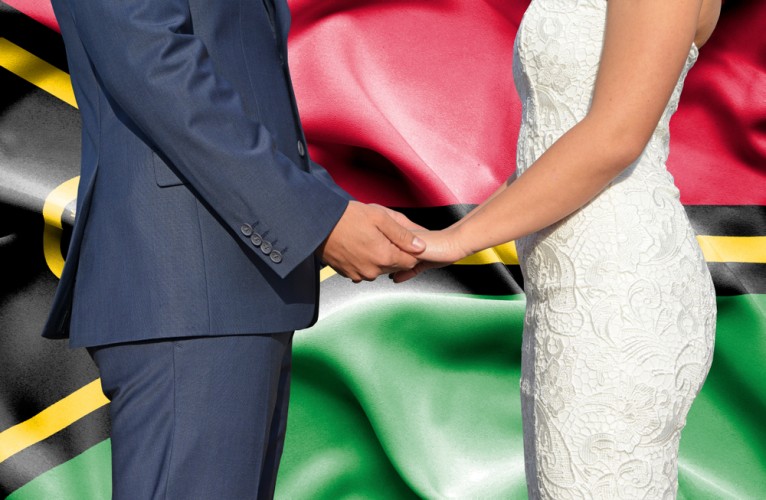
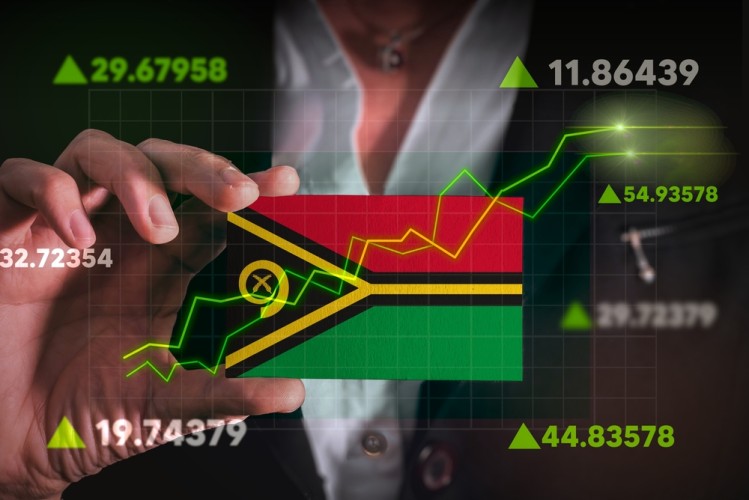
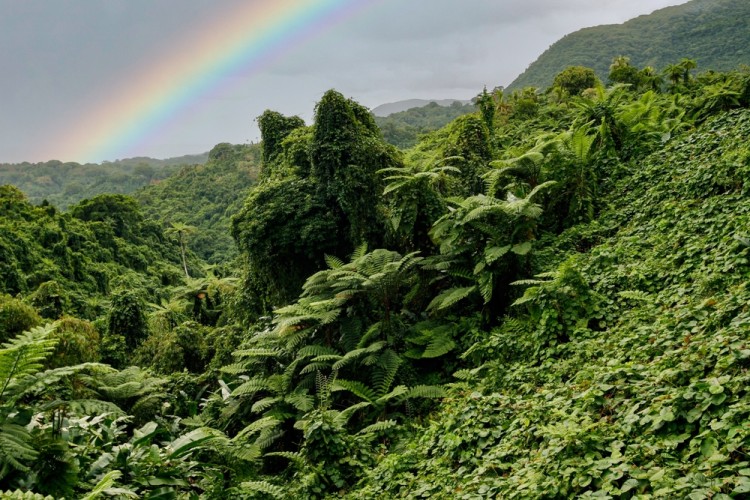
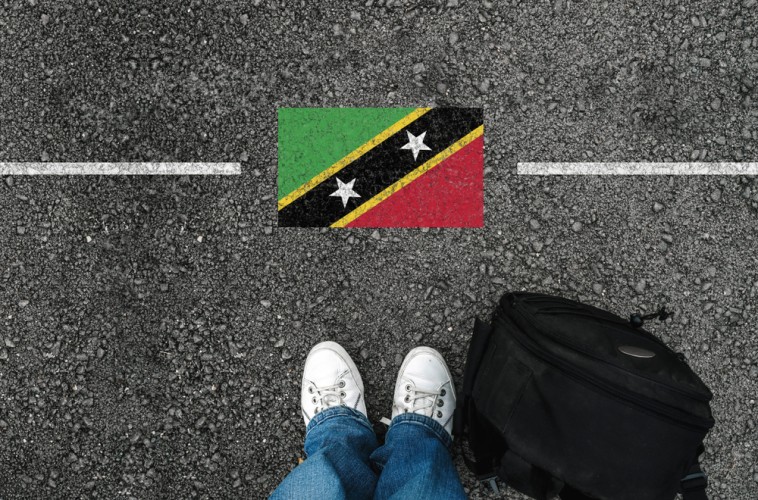
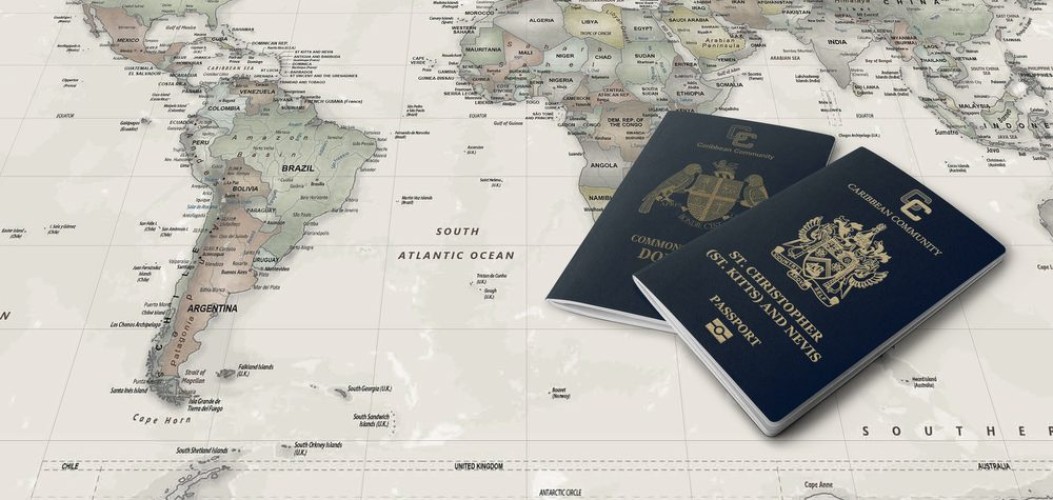
This Vanuatu safety guide is surprisingly thorough, like a polite reminder from your overly cautious Auntie Marge. Its funny how the main scam listed is low overcharging – its like theyre trying to *tell* us tourists wont be able to resist showing off our shiny gadgets! The advice to use official taxis is a chuckle, as if finding one wont be an adventure in itself. And the part about locals being friendly? Well, that just raises the stakes – you dont want to be the jerk spoiling the welcoming party, do you? Still, its good to know the worst danger is probably getting too relaxed, which is probably the best risk Vanuatu has to offer!